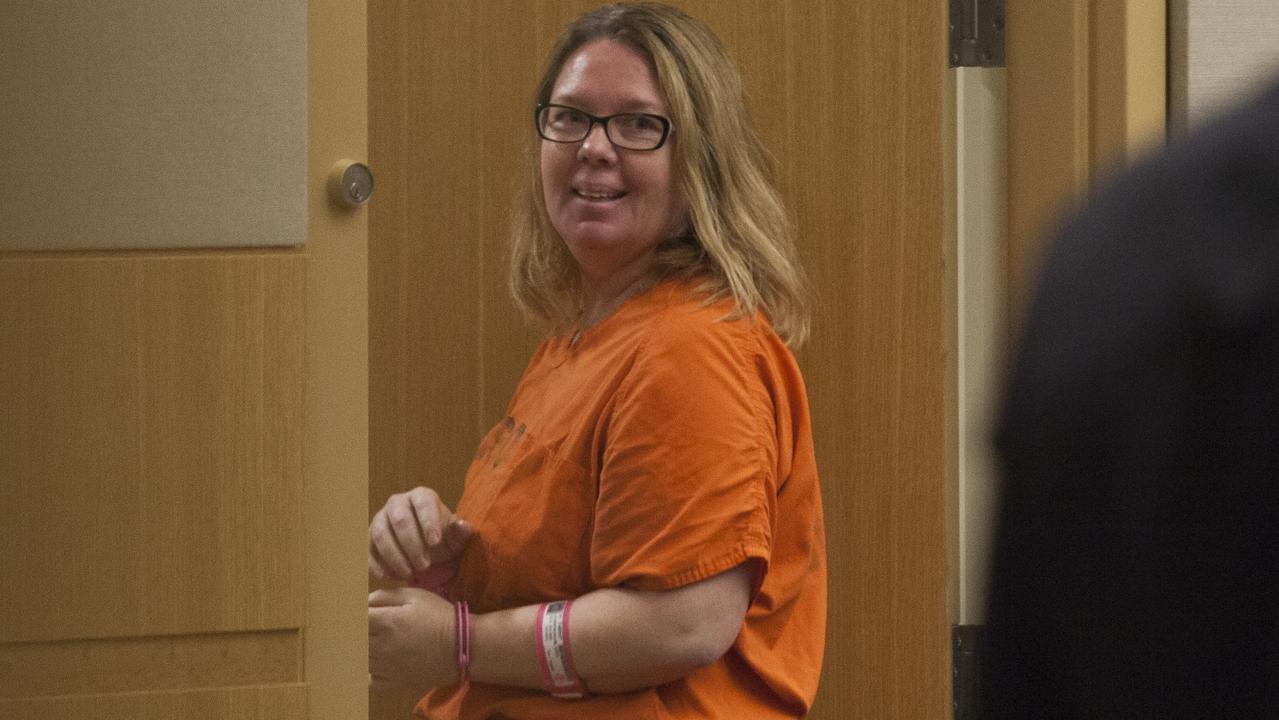What you need to know about the power outages, energy crisis
Regulators have taken control of the entire electricity market in a bid to avoid power cuts and reduce spiralling household bills. Here’s how to conserve energy and save money.
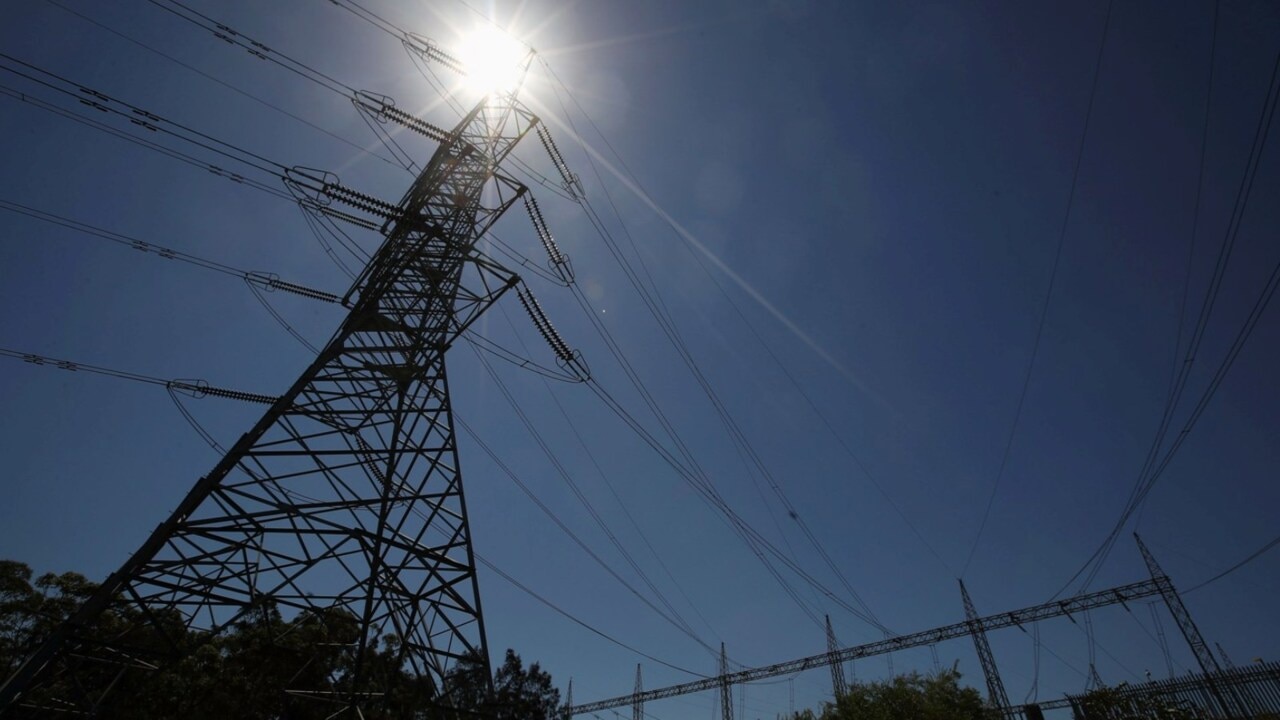
National
Don't miss out on the headlines from National. Followed categories will be added to My News.
Regulators have seized control of the entire electricity market for the first time in more than two decades, as millions of Australians were again urged to cut power use to avoid power cuts.
The Australian Energy Market Operator said it would control all prices and supply of generation in a bid to stop power shortages and skyrocketing household energy bills
The move came as Australia’s biggest electricity user, Tomago Aluminium, was forced to curtail production to reduce the chance of a blackout.
Coal-fired power plants are experiencing outages while household heating is in high demand, putting pressure on the electricity system and causing power bills to soar.
Here’s what you need to know about the energy crisis and how to save on power bills.
WHEN ARE THE NEXT POWER BLACKOUTS LIKELY TO HAPPEN?
Queensland, NSW, Victoria, Tasmania and South Australia are all at risk of power blackouts on Wednesday night.
Blackouts were averted issued on Tuesday night across the east coast because the energy market operator forced power generation companies to fire up units that had been taken offline.
WHAT IS THE REGULATOR SAYING?
Power generators have been accused of adding to the uncertainty and chaos by taking capacity out of the market to access increased compensation payments, with almost 4000 megawatts of supply sitting on the sidelines.
On Wednesday, the Australian Energy Market Operator said it believed 2000 megawatts of power in Queensland and NSW had not been bid into the market - a situation which has helped trigger warnings of blackouts across five states.
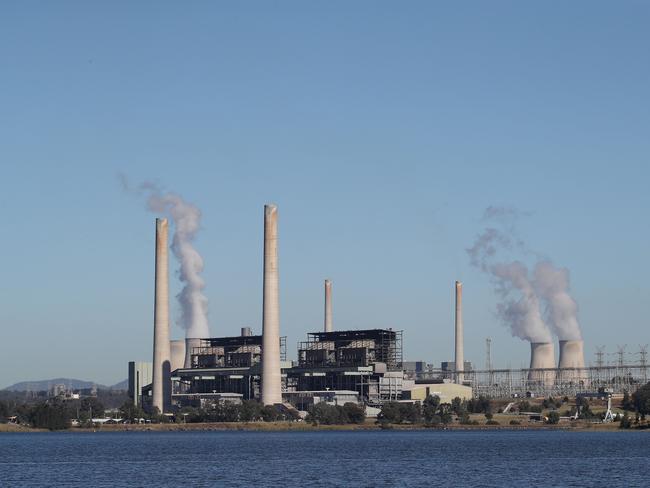
WHAT CAN I DO?
Queenslanders and NSW residents have been urged to conserve power at night-time or face shedding. Load shedding happens when there is not enough electricity available to meet the demand of all customers and power supply is interrupted.
WHY IS THIS HAPPENING?
The move is a consequence of skyrocketing energy prices and colder weather than normal, which prompted the Australian Energy Market Operator to set an energy cap on Sunday.
Several coal generators were also offline, adding to supply problems.
WHAT IS THE ALBANESE GOVERNMENT DOING?
Prime Minister Anthony Albanese has laid blame for the issue at the feet of the former government while not specifying what precisely the federal government can do right now to ease the price sting short term.
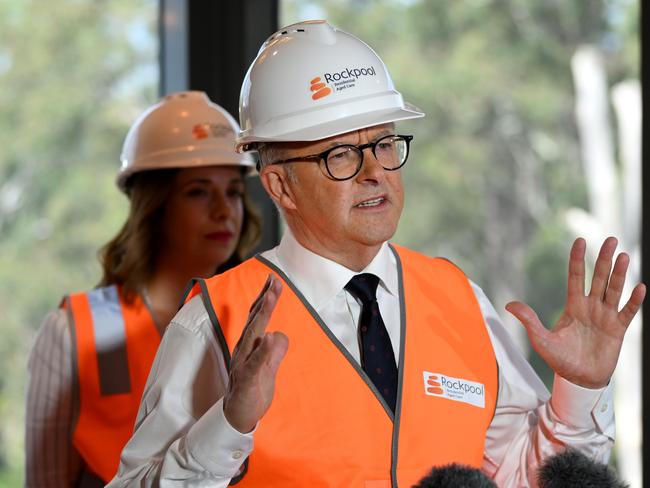
Mr Albanese is in Queensland and is due to visit the electricity generation hub of Gladstone for a regional meeting of his cabinet on Wednesday.
Mr Albanese said everything was “on the table” to deal with the crisis.
His comments come after Energy Minister Chris Bowen on Tuesday morning said there was no quick fix to the crisis and warned the government didn’t have a “legislative basis” to put in place short term reforms.
HOW MUCH ARE POWER PRICES INCREASING BY?
Wholesale prices had been an average of $674/MWh for seven days, triggering the price cap of $300/MWh about 7pm on Monday.
That is compared to more normal prices of $50-100/MWh.
HOW WILL POWER BILLS BE AFFECTED?
The caps state and territory regulators have set out vary and can also differ between individual energy suppliers.
According to regulators, NSW power bills could increase between $210 and $369 annually, the ABC reports.
In Queensland, power bills are expected to rise by up to $220 a year.
South Australian residents are expected to be hit with an increase of $198 per year, the ABC reports.
Victorians are likely to cop an increase of $61 annually.
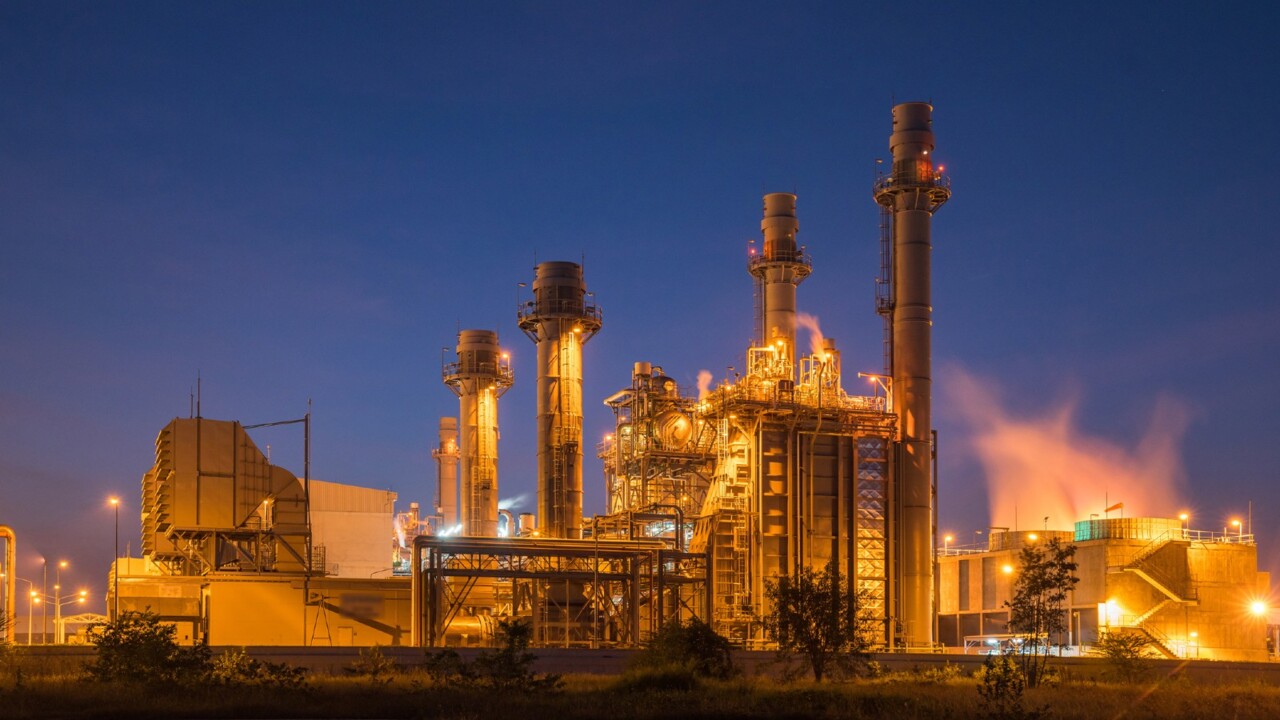
WHY ARE ELECTRICITY PRICES GOING UP?
There are a range of factors driving the high prices, including the unusually cold start to winter, which has led to households cranking up the heating.
The Russia-Ukraine conflict has sent global gas prices soaring as Russia is one of the biggest oil producers in the world.
On top of this, some coal mines which supply Australian power stations have been hit by flooding.
WHAT CAN I DO TO SAVE ON ELECTRICITY AND CONSERVE POWER?
A number of simple measures can help cut your electricity bills. Australians are advised to reduce water consumption and to only heat the rooms they are using.
Closing doors and curtains will help keep the warm air in.
When not in use, turn non-essential appliances such as computers, printers, televisions and entertainment systems off at their power points.
Try waiting until washing machines and dishwashers are full before running a cycle.
WHAT ABOUT THE INTERVENTION?
On Sunday night, the Australian Energy Market Operator took the step of limiting Queensland wholesale prices at $300 per megawatt hour.
AEMO also ordered generators to supply electricity in Queensland and NSW to meet demand gaps, amid fears of load-shedding.
“To maintain power system security and reliability, AEMO has directed some generators to continue meeting consumers’ demand to improve reserve conditions,” a market operator spokesman said.
“At this time, there is no impact to consumer supply.”
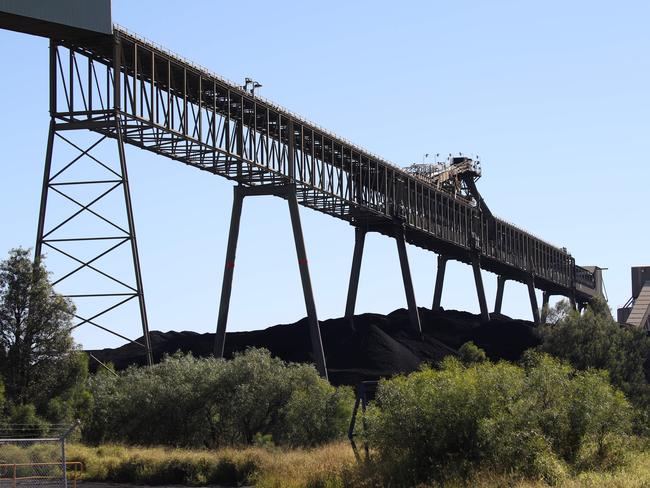
ARE OTHER STATES AFFECTED?
The power cut issues are currently not affecting the other states, but similar caps were imposed in Victoria and South Australia in 2019.
WHAT DID MALCOLM TURNBULL SAY?
Earlier, former prime minister Malcolm Turnbull said the Albanese government should consider bringing in gas price and volume controls for 90 days in a bid to deal with the energy crisis.
“The minute they say they’re going to do it, the gas companies will find the gas and agree to offer it at lower prices,” he told the ABC.
More Coverage
Originally published as What you need to know about the power outages, energy crisis




